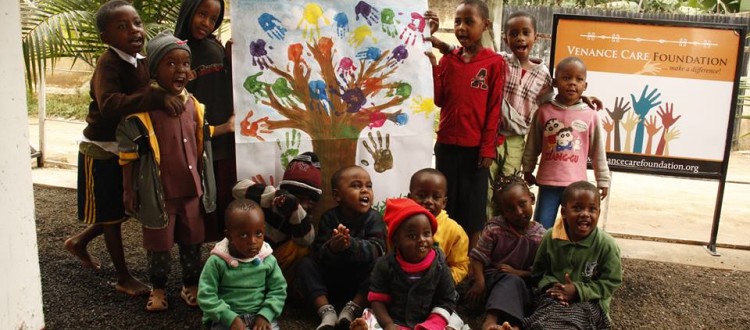Education, Key to inclusion for street children!!
For the millions of children worldwide who live on the streets, education is the most effective method of reintegration into society. In reference to UNESCO’s work in this field Street Shepherds Africa has a two-fold objective of developing basic education for street children and of preventing children in difficulties from ending up on the streets.
Our activities are centred on: (i) raising awareness of the general public about street children and the non-enforcement of the right to education for all; (ii) providing technical support for organizations and institutions in order to meet the basic needs of these children; and (iii) strengthening partnerships between the public and private sectors at national and international levels in order to ensure that action is sustained and effective.
- National campaigns and information dissemination to encourage governments and civil society in the provision of educational opportunities for all.
- Adoption of a multisectoral approach to promoting the right to education and strengthening partnerships between Government, UN agencies, civil society, NGOs and the private sector.
- Basic service provision (e.g. literacy courses, medical and psycho-social support, food and clothing) provided at street level to aid children in making informed and positive decisions about their lives, about leaving the streets and becoming integrated in residential centres or reintegrated with their families.
- Organization of street rounds to identify new street children, establish a dialogue based on respect to enable them to decide to leave the streets.
- Inclusion of street children in the mainstream school system from early on and rehabilitation programmes for drop-outs.
- After-school educational activities, personalized educational workshops and functional literacy courses and vocational training to bridge formal and non-formal education and to facilitate street children’s enrollment in the public school system.
- Organization of advocacy campaigns and preventive education programmes for street children on HIV and AIDS and development of life skills training programmes about communication and interpersonal skills, decision-making and critical thinking skills, coping and self-management skills.
- Creation of a classroom environment that will retain former street children in school.
- Improving pre-service and in-service training where teachers acquire experience in inclusive methods and practices, meeting pupils with different abilities, experiences, social and cultural backgrounds.

